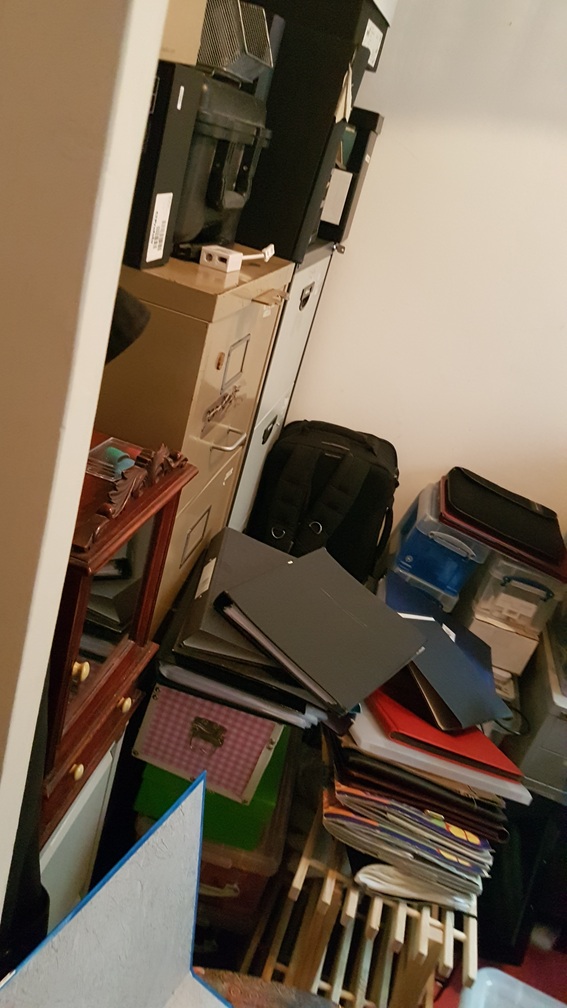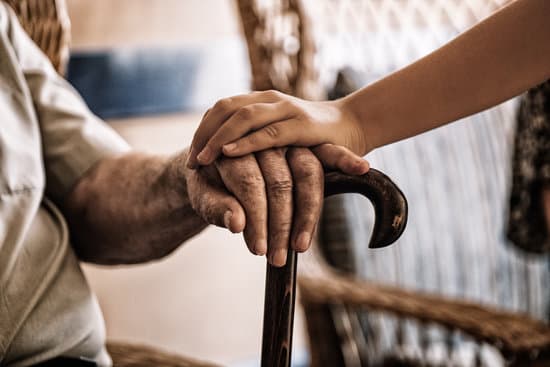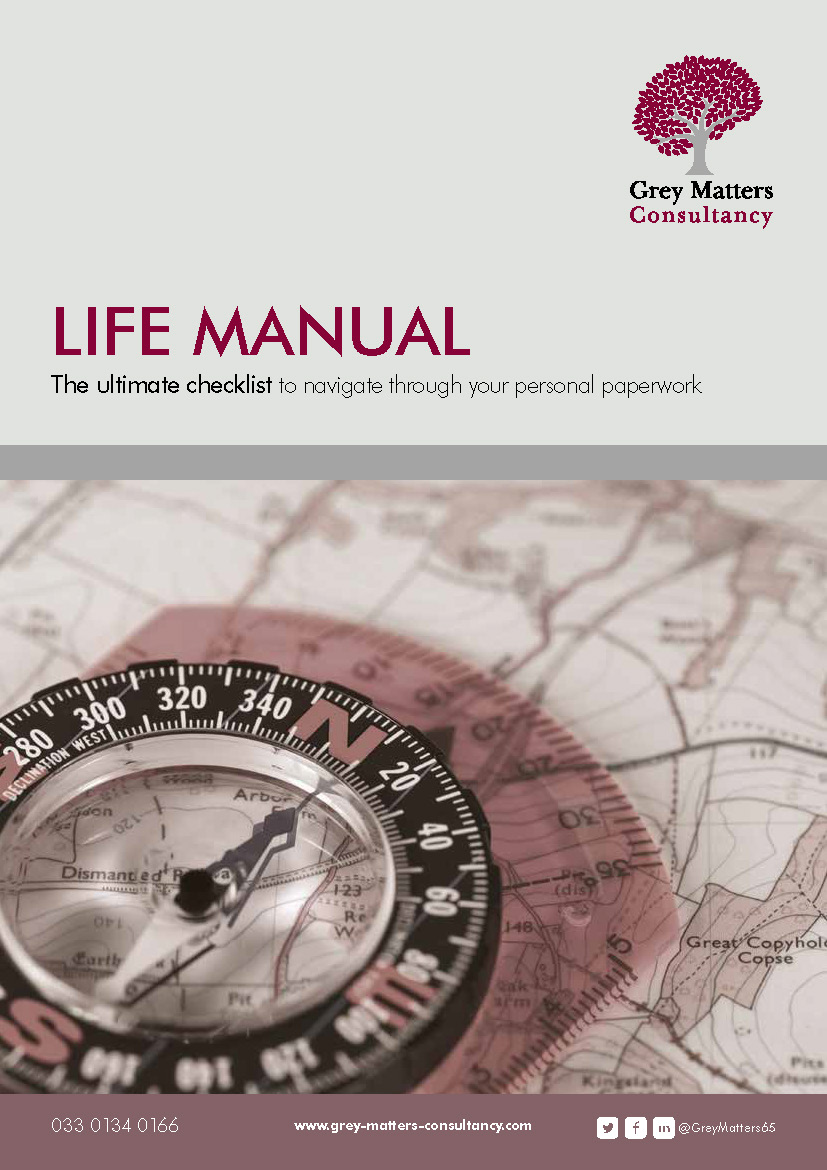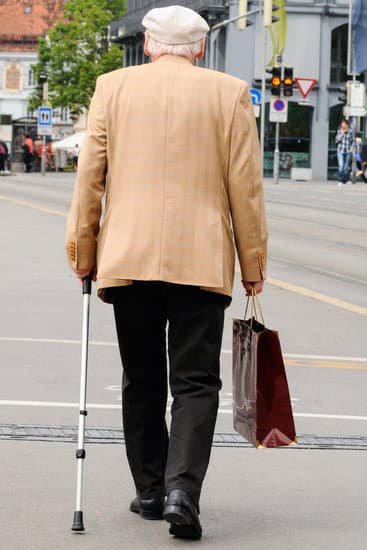
Decluttering is difficult for anyone and it’s even harder for hoarders. Hoarding is related to difficult experiences and feelings and it is not possible for a hoarder to ‘just get rid of things’.
Counselling is recommended before commencing any decluttering otherwise the anxiety and pain for the hoarder will be very high and it will be difficult to make any progress towards the end goal.
We have found that having a very specific reason to take a step to declutter and, in conjunction with counselling taking things very slowly, makes the end goal possible. If a hoarder needs to move home and downsize due to the home being inaccessible or finances becoming difficult, then this is a good reason to start the process. But it will need to be taken slowly. We recommend that the counselling starts first but if that isn’t possible, then beginning with a small room for just an hour or two to understand the process can be beneficial too. Often we have found that hoarders will take much of their belongings with them, but seeing it in a new home can have a positive effect in helping them to gradually part with things.
Support can be found at:
https://hoardinguk.org/support/services/



















